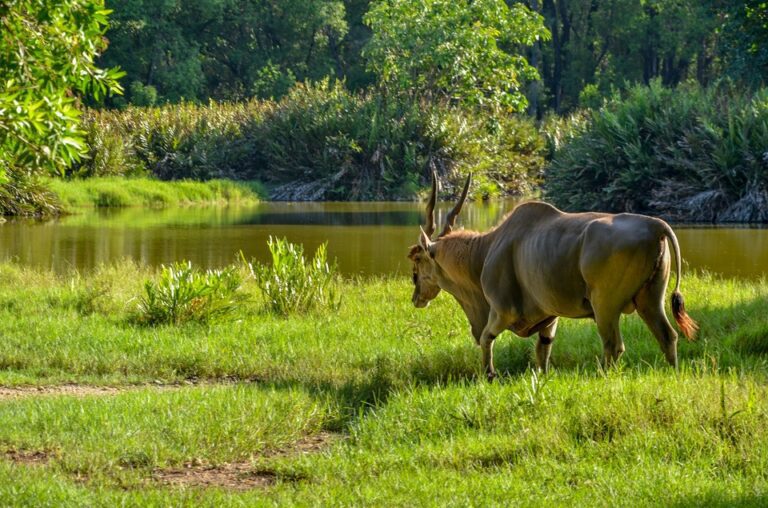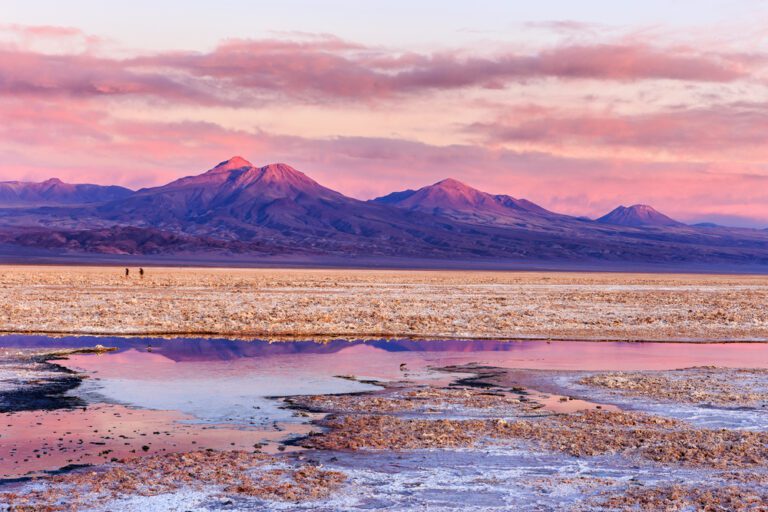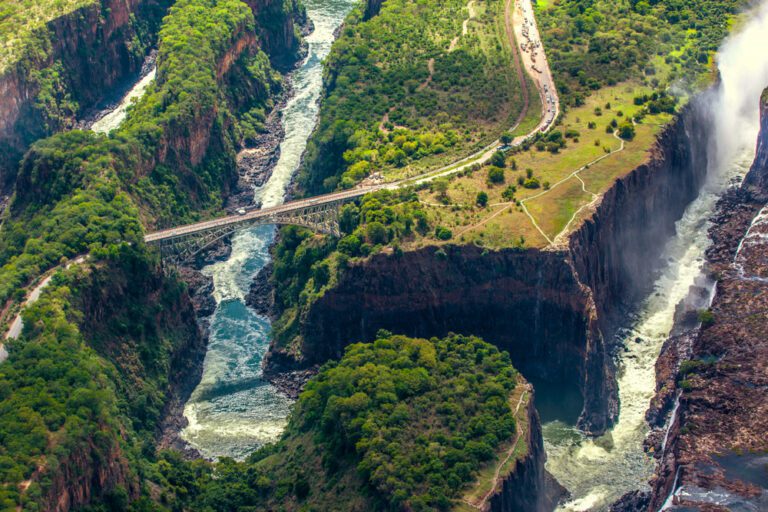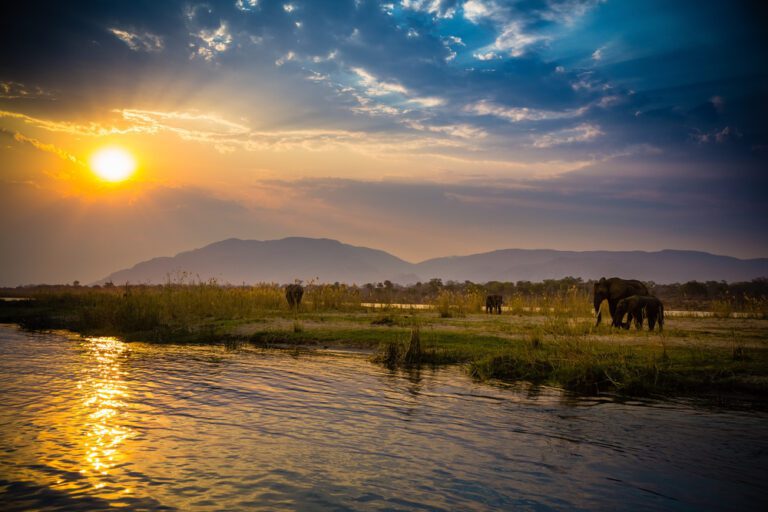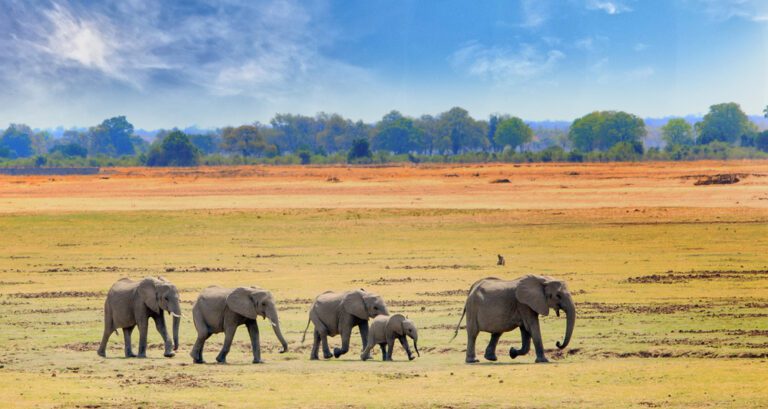Describe your winemaking philosophy.
My winemaking philosophy is to always make the most with what you have. Wine is determ
I say ‘often’ and not ‘always’ because I think a winemaker who says ‘always’ is lying. It is our responsibility to adapt and be flexible. I also believe that nothing is as good as the next vintage. It’s so important to learn every year, to try to improve and better the product.
You have made wine in South Africa, France, Italy, and Switzerland but could have gone anywhere. What made you choose California?
The field of wine is inherently conservative, but in California you’re not as limited by laws, regulations, or traditions. So I was definitely drawn to this region’s entrepreneurial and creative approach to winemaking.
You work with the famous wine consultant Michel Rolland. Can you tell us a bit about that relationship, and what it brings to Alpha Omega wines?
When I met him 16 years ago I said, ‘Do you think you’ve homogenized the wine of the world’?’ A bit of a gutsy move on my part. We had a two-hour discussion, and he convinced me—with the help of a few blind tastings with others later—that he had not. I really enjoy Michel’s honesty. When we first started Alpha Omega, I was working with a different consultant. Every time I would make a wine, the guy would tell me, ‘Oh, it’s great.’ I would go back and remake it, rework it, and the guy would say, ‘Oh, it’s great’ again. I trust Michel. I trust the fact that he will criticize me. I think people, especially in a field like winemaking, grow more from criticism than they do from praise. I trust that Michel will tell me when I’ve made a mistake and we need to course-correct. He doesn’t make the wine. He’s a wonderful doubter, so I’ve dubbed him, ‘The Doubter. We doubt what we do, and we’re always trying to perfect the wine.
Cabernet is king in Rutherford. What compelled you to grow Sauvignon Blanc?
Rutherford is probably one of the most complicated, uneven appellations of Napa Valley, with lots of different types of soils. When we started Alpha Omega in 2006, my instinct was to rip out the Sauvignon Blanc and plant Cabernet but we didn’t have the time. So instead we let it grow, and the result pleased me. When I finally had time to give it my full attention and do soil profiles, I discovered that we have 12 feet of heavy clay in that area. Clay is not draining enough for red varietals, so I pulled up everything on the property to plant even more Sauvignon Blanc. There’s a strip of clay that goes through several vineyards in Rutherford and every single person or winemaker whom I’ve talked to over the years has, at one point or another, replaced Cabernet Sauvignon with Sauvignon Blanc because that clay content there retains moisture so well.

What is one aspect of your job that might surprise people?
For starters, I don’t drink my own wine outside of work. I drink other people’s wine. Why do I do that? It is very important to stay aware and sharp when you taste wines. It’s good to keep tasting wines from other wineries and regions so you don’t develop a ‘house palate.’ The other surprising part of my job is the fact that every morning I drink—or ‘taste,’ I should say, since I finally learned to spit—280 wines. We do this to understand the wine and adapt the extraction profile as needed. Big companies, or people who have learned to make wine only in a certain way, won’t adapt their methodology to suit the wine. I follow the lead of the product, which means there’s much tasting to be done.
What characteristics do you think we can expect in wine coming from the most recent harvest?
2016 was quite an interesting year. It was still an early year. But from late July to August we had six weeks of fairly cold weather with low clouds and occasional fog that slowed everything down and protected the acidity of the grapes quite well. After those six weeks we had four days of 100-plus degree heat that suddenly accelerated the process. We were able to maintain a really good aromatic ripeness with a high acidity. I think that 2016 is going to be quite an amazing vintage but with slightly higher overall acidity, more similar to 2012 and 2014 than 2013 and 2015.
Do you have any advice for someone who thinks he or she might want to work with wine?
The advice is quite simple: follow your heart and your passion. It’s good to go to school and learn all of the science and data, but it has to come back to art and emotion. It is very hard work, so don’t go into this field if you’re not extremely passionate about what you do.
What’s the happiest part of your day?
I would probably say tasting wines in the morning. When you taste the product of your labor, the product of the soil, the product of the climate, it’s extremely special.


